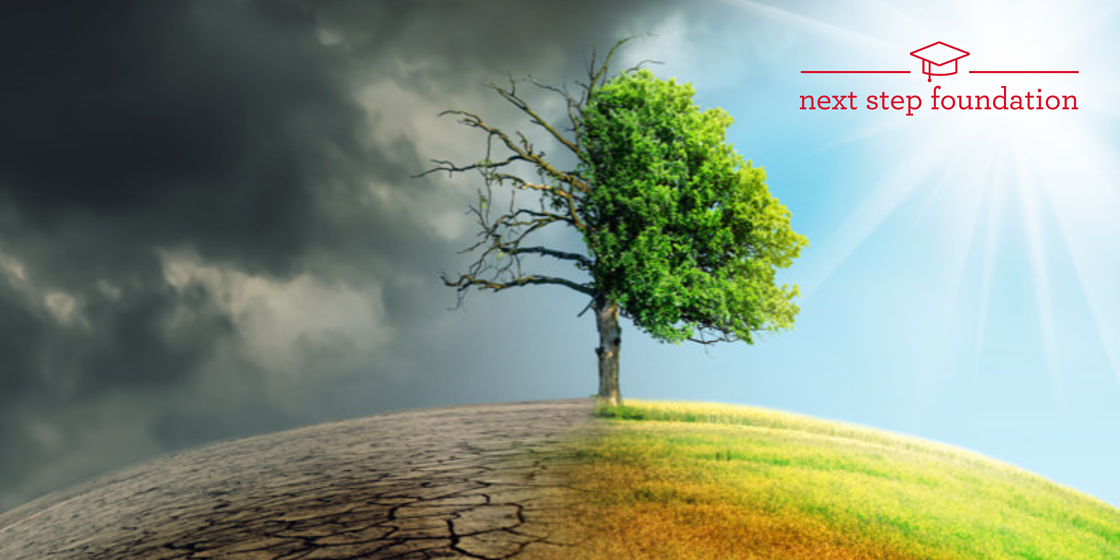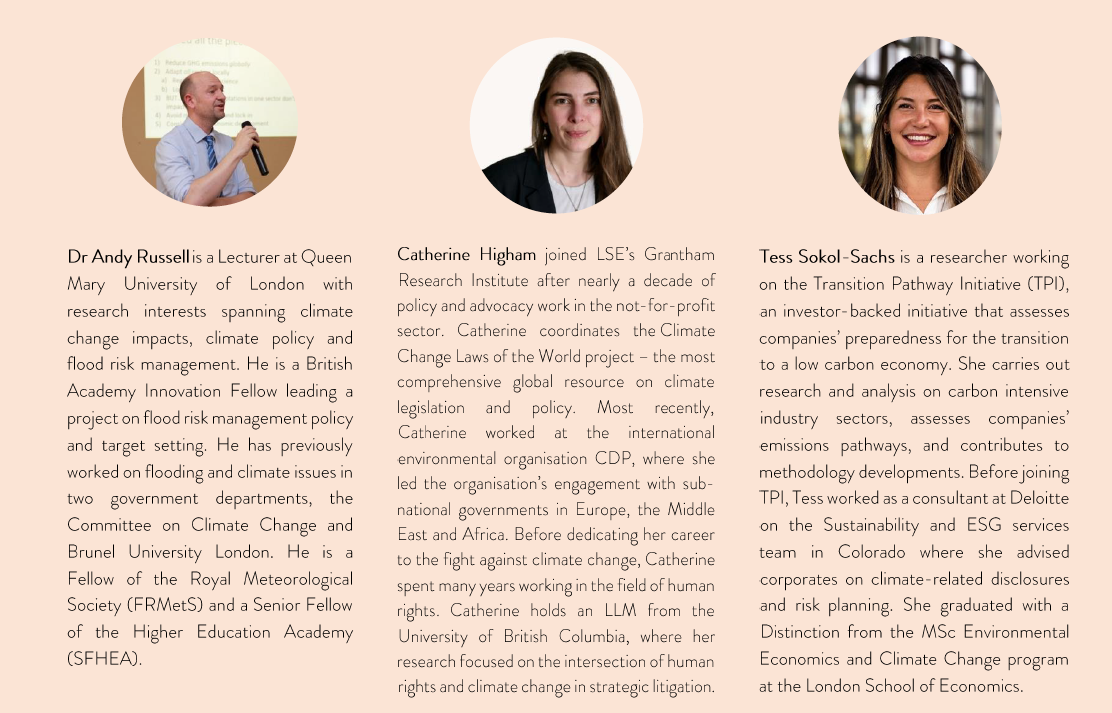Tackling Climate Change: Finding solutions to a Global Existential Threat
Aptly the second extension lecture for the 2022 cohort, addressing the scale of the threat from climate change and what can be done about it, was held on the 18th July as an unprecedented heatwave hit across the UK. Sadly as a result, we were unable to bring the community together at the London School of Economics as planned, and instead this took place online.
We’re delighted to hear from Theepika Vijayakumaran, a NSF scholar from Ark Acton and aspiring economist who gives us her take on the event. Scroll down to watch it for yourself too!

I was delighted to join the second NSF extension lecture on climate change in which three presenters who specialise in the area of climate change spoke briefly about different topics within it.

First, we listened to Andy who walked us through the initial stages of how the subject of
climate change came about in the world, through prominent figures such as Eunice Newton
Foote, who conducted an experiment in which she found out that carbon dioxide had a
significant impact on the temperature. This, in particular, would have been extremely
revolutionary, as in the 19th century the ideology of greenhouse gases and climate change
wasn’t spoken about to the degree we do today. He also spoke about other people such as
Fourier, Tyndall and more who had a crucial role in how we view climate change in the
present time. He also talked about various political actions that were taken to mitigate the
powerful consequences that climate change is believed to bring. This includes the UK
climate change act in 2008 and the 2015 Paris Agreement, whereby many countries came
together in an attempt to reduce their greenhouse emissions. Finally, he showed us a
Climate Action Tracker (CAT) and described to us possible future temperature increases by
the year 2100 based on various targets, like the optimistic scenario to policies and actions
based on current policies that have been imposed. This shows a possible increase in global
temperatures from 1.5 °C to 3.6 °C.
Next, we listened to Tess who spoke to us about the overarching effect big firms have on
climate change compared to governments as the policies implemented by the government
take time to become effective, which contrasts with big corporations who can act more
effectively at a better and rapid pace. Additionally, big firms are major sources of
greenhouse gas emissions hence by their action of reducing emissions we can make drastic
changes to alleviate the effects of climate change. She also discussed how a corporation's
actions and progress are measured. There are 2 main complementary measures used those
being management quality which measures input and carbon performance which measures output.
Finally, Kate discussed the topic of climate anxiety, which is worry or stress around the
impacts and process of climate change. She spoke to us about how 45% of children say
feelings about climate change negatively affect daily life. She then went on to speak about
inspiring activists who want to bring change to the world by lessening climate change. In
addition, Kate went into detail about climate change litigations, which was particularly
interesting, encompassing the idea of young people and community groups going to court
to argue for more climate action which presents people with a more likely chance of being heard and making a difference.
Overall, I found the extension lecture intriguing and helpful in a way as I learned new things
regarding the topic in question, as it is especially prominent with the extreme temperatures
that Europe faced during this summer. It made me consider what I could do as an individual
to make a difference and take responsibility for my part in the climate change, we are experiencing globally.

